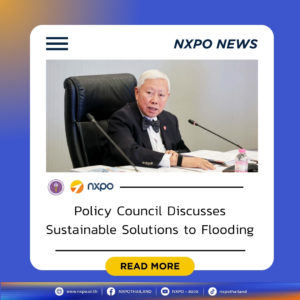Ms. Supamas Isarabhakdi, Minister of Higher Education, Science, Research and Innovation (MHESI), led the Thai delegation to participate in the 2nd Belt and Road Conference on Science and Technology Exchange, held from 10–13 June 2025 at the Tianfu International Convention Center in Chengdu, China. The conference served as a platform to strengthen international collaboration in science, technology, and innovation.
The Thai delegation included Mr. Suphachai Jaismut, Vice Minister of MHESI; Dr. Surachai Sathitkunarat, President of NXPO; Dr. Charnwit Udomsakdigool, Strategist at NXPO; and executives from various MHESI-affiliated agencies.
During the opening ceremony on 11 June, Minister Supamas highlighted the Belt and Road Initiative’s important role in fostering international cooperation and knowledge exchange over the past 12 years. She emphasized that the advancement of science and innovation in the age of artificial intelligence must be grounded in openness, trust, and responsibility, ensuring the development of inclusive and ethical solutions to address pressing global challenges, including climate change, food and energy security, and public health. She called for greater cross-sector collaboration to promote accessible, high-impact innovations that deliver tangible benefits for all.
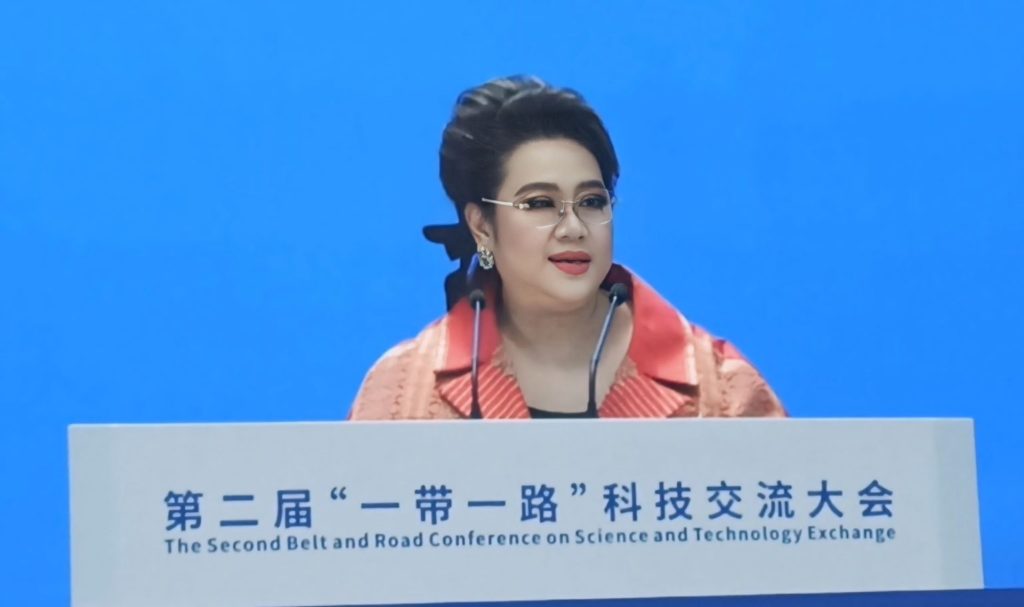
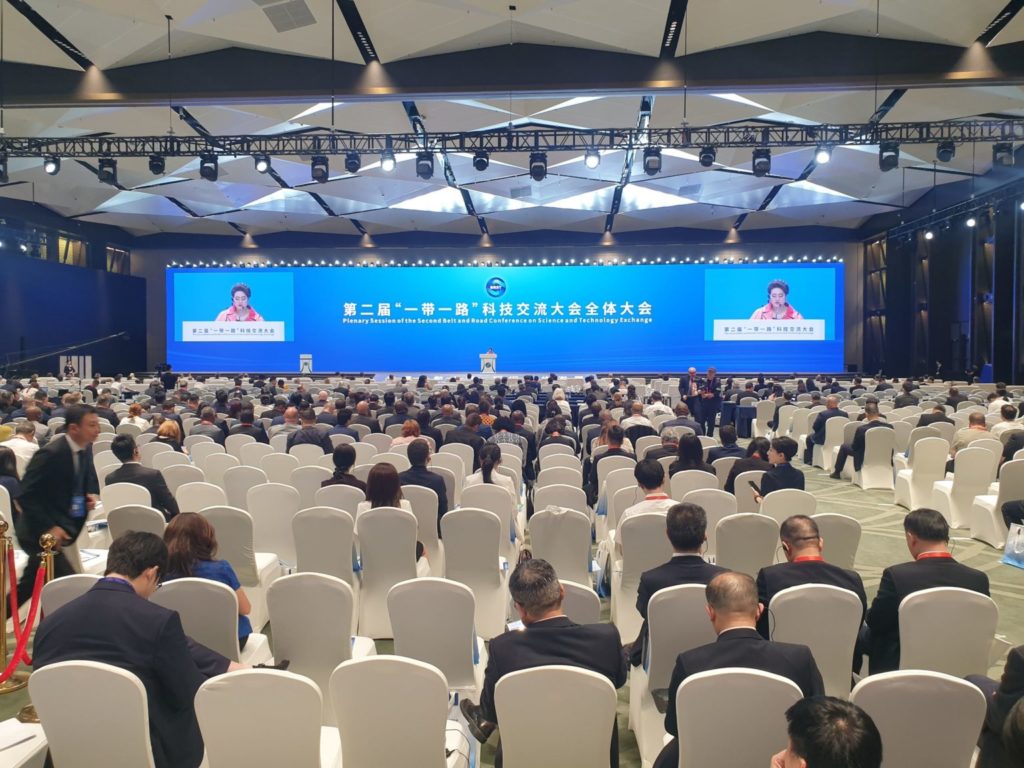
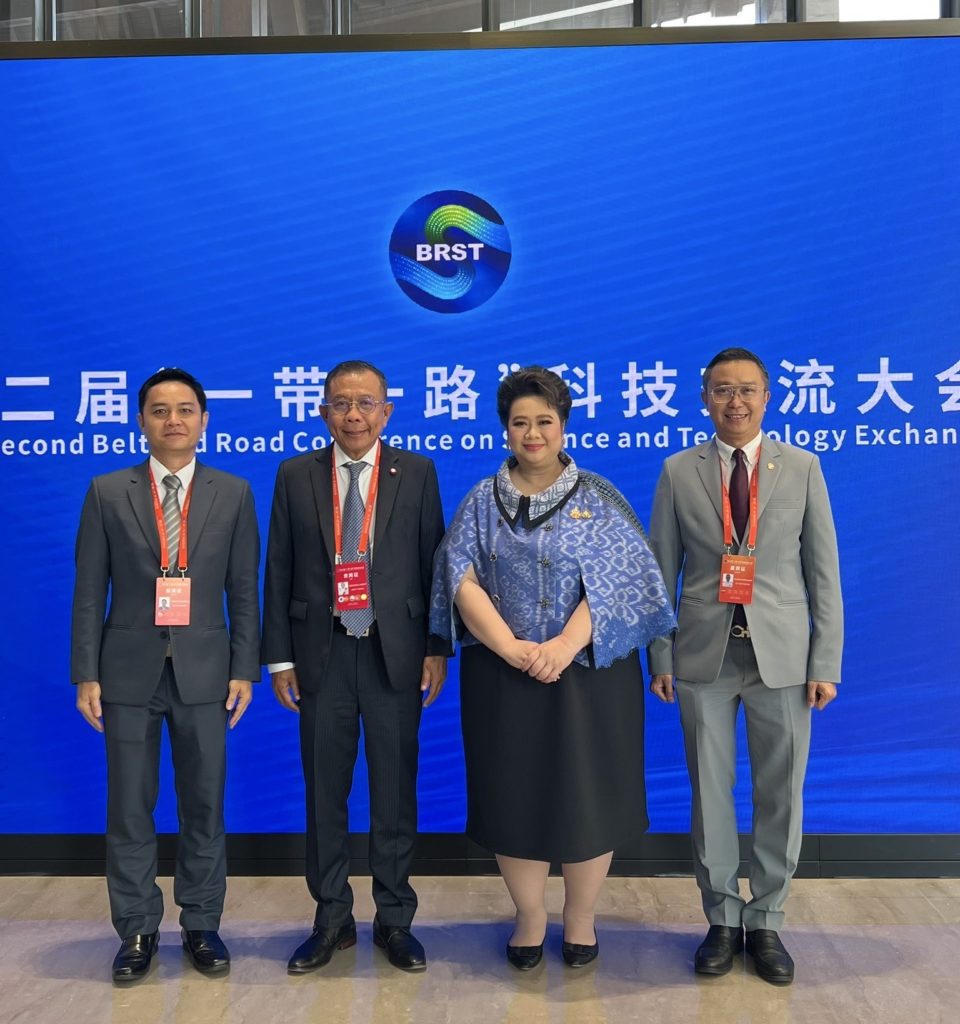
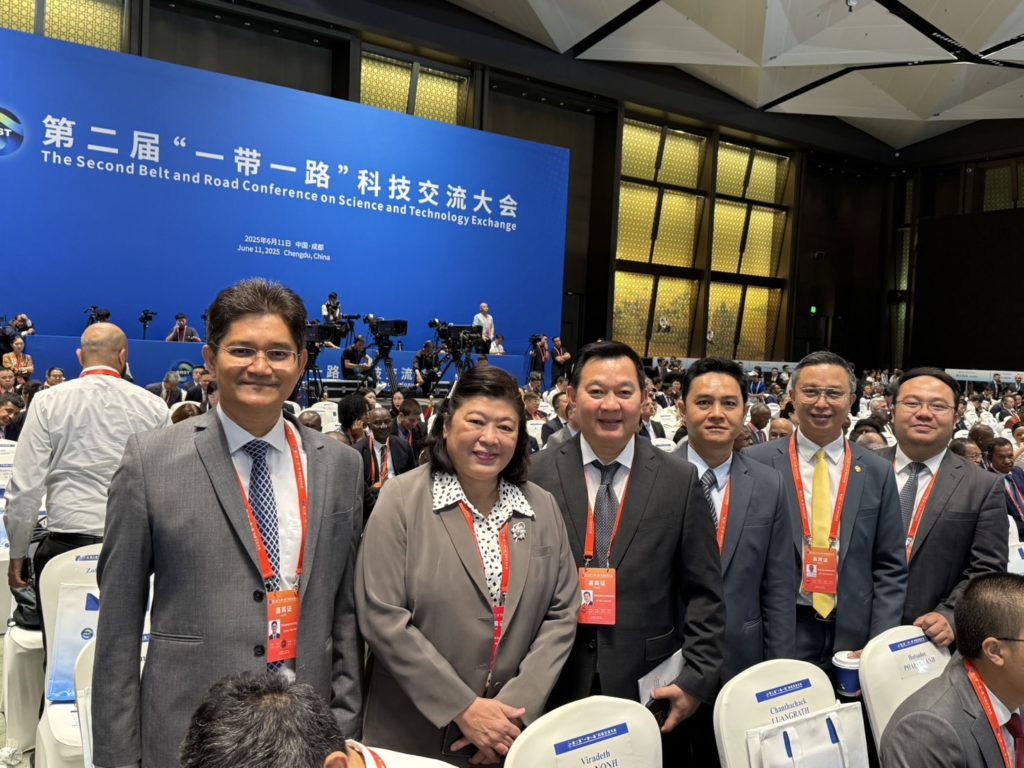
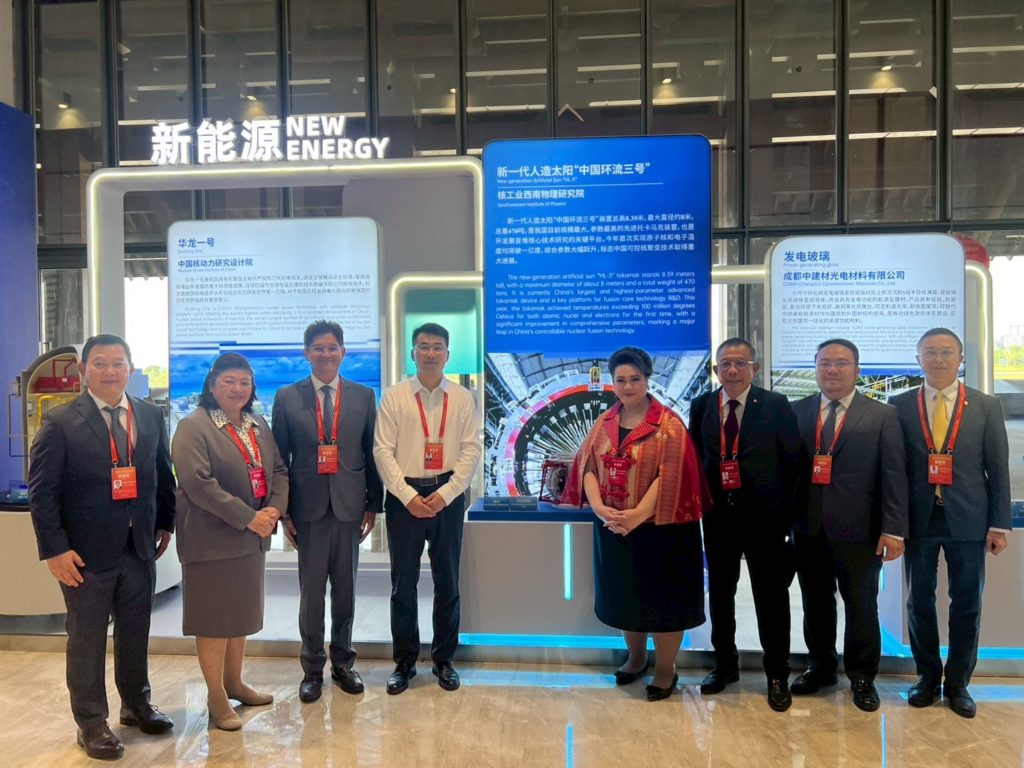
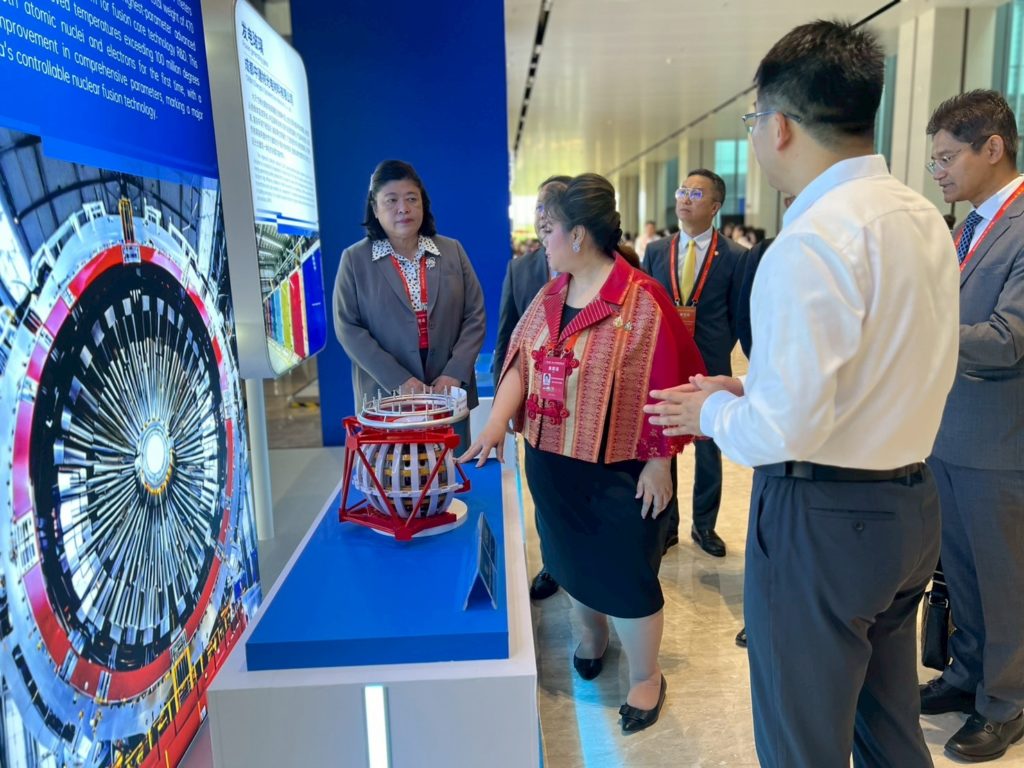
In the afternoon of 11 June, the Thai delegation, led by Dr. Surachai Sathitkunarat and Assoc. Prof. Dr. Thawatchai Onjun, Executive Director of the Thailand Institute of Nuclear Technology (TINT), visited the Reactor Facilities of the Nuclear Power Institute of China (NPIC) in Jiajiang City. The delegation observed the operation of two reactors: the Medical Isotope Test Reactor, which produces molybdenum-99 and iodine-131 for medical applications, and the Minjiang Test Reactor, used for nuclear fuel research and testing, isotope production, irradiation, and training. The visit showcased China’s comprehensive capabilities in nuclear technology development — spanning reactor design, fuel fabrication, and radioactive waste management — and underscored the strategic value of establishing domestic medical isotope production to reduce reliance on imports.



